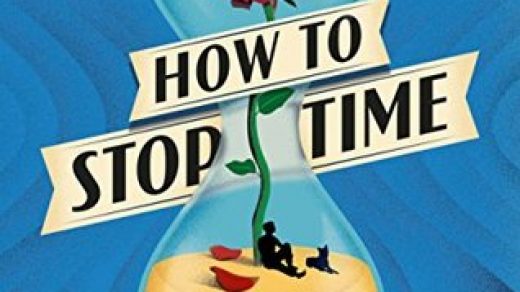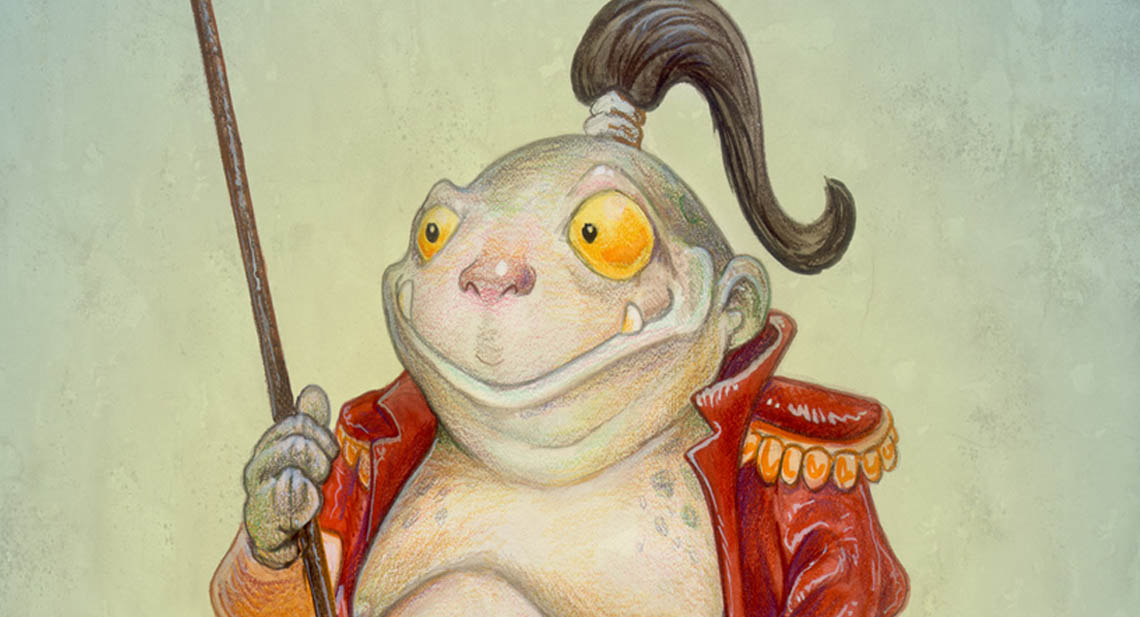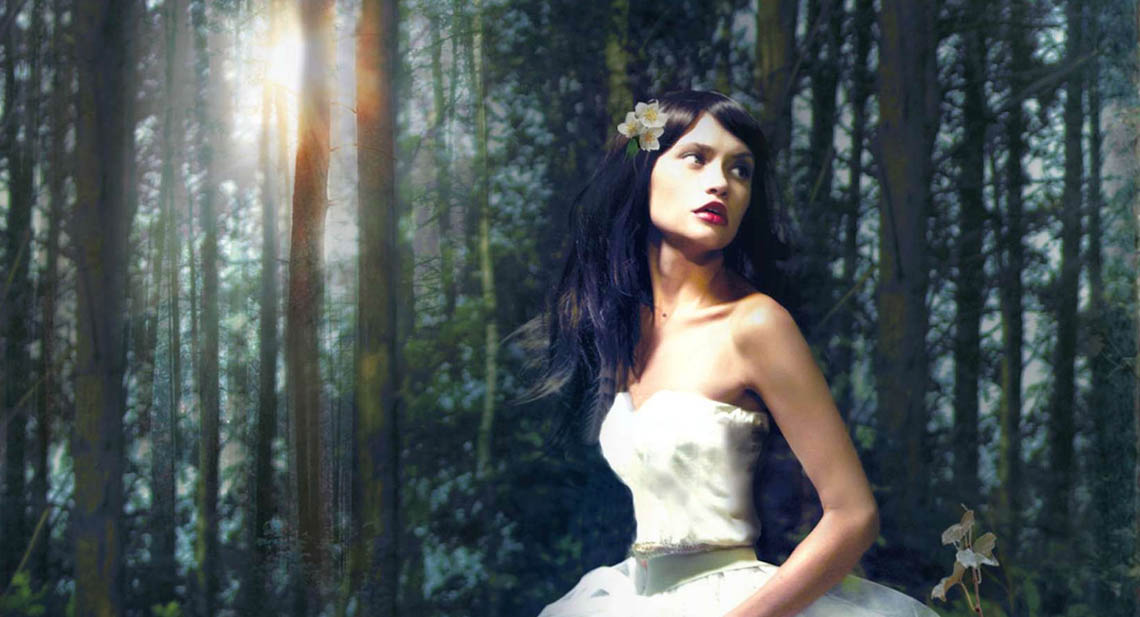Open Democracyhas recently had a couple of articles written about the film trilogy that is LOTR. The first one:The Return of the King: Tolkien and the new medievalism by K.A. Dilday offer a negative view of the books & films. “The obsession with power, will and hierarchy in Peter Jackson’s film trilogy adaptation of J.R.R. Tolkien’s epic The Lord of the Rings fuels its dangerous topicality: a vindication and veneration of empire.”
In the ensuing debate on the forum some have pointed out that it is very hard to argue against this view because on the surface a lot of what she says seems to be true. However when you look even a tiny bit beneath the surface you can see that this interpretation is flawed. Yet those who would point out that details are incorrect get derided as fanboys or geeks.
IMO the LOTR books make for good reading. I cannot really remember a time before I read them. I grew up knowing the story and have reread it a number of times. I have not read it in quite some time because it is not the best written book in the world, and personally I find the beginning a little dull. Despite that I do love the books, and the characters. Sam and Faramir have always been my favourites but many others were close behind.
And I was wary when I first heard about the films, and was doubtful that they could make me happy, after all everyone knows that the book is generally better than the film right?
I was more than pleasantly surprised. Sure things were changed, added or taken out, but the overall effect was a great film. It felt right, it looked right, and the actors were perfect. Viggo Mortensen as Aragorn and Sean Bean as Boromir stood out as almost perfect representations of the characters in the book. And the character of Boromir in particular was enhanced for me because of the film. Best death scene ever? And these two characters refute much of what Dilday offers as examples of the obsession with power. Boromir can be seen as a warning for those who would consider power at any cost, Aragorn spends much of his time turning his back on power.
And as for the notion that the films encourage racism… I’m not really sure how to respond. Every conflict needs an antagonist. For LOTR it is mainly Sauron, but also Saruman who was very much white. Sure the Harahrim (sp?) who came on the Mamukil could be seen by some as representing the east. I believe I read somewhere that they reminded one of Hannibal. Yet if you read the books it is easy to see that Tolkien, through Sam asked why people fight wars. In the films the question was given to Faramir but only in the extended edition of the films where he says “His sense of duty was no less than yours, I deem. You wonder what his name is…where he came from…and if he was really evil at heart. What lies or threats led him on this long march from home. If he would not rather have stayed there, in peace. War will make corpses of us all.”
Of course the problem is that anyone can interpret anything any way they want. And offer evidence to support there claims. I’ll simply say that I think the LOTR film are the best ever made.





Recent Comments